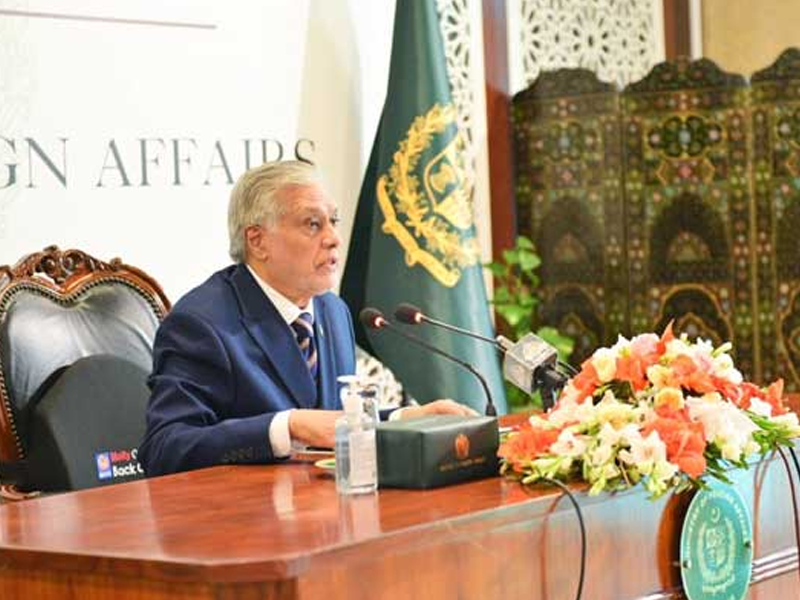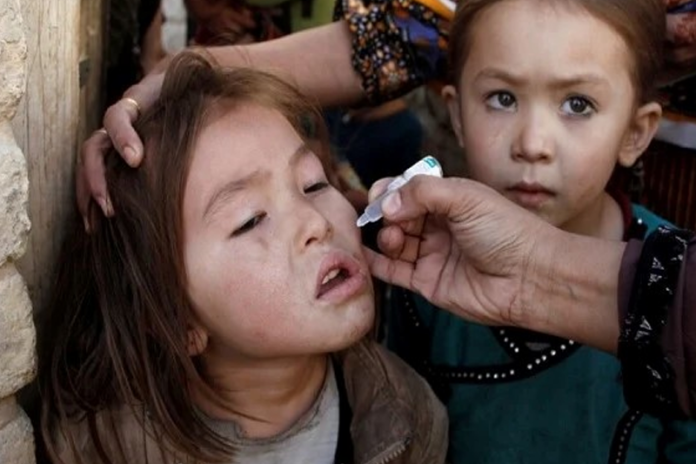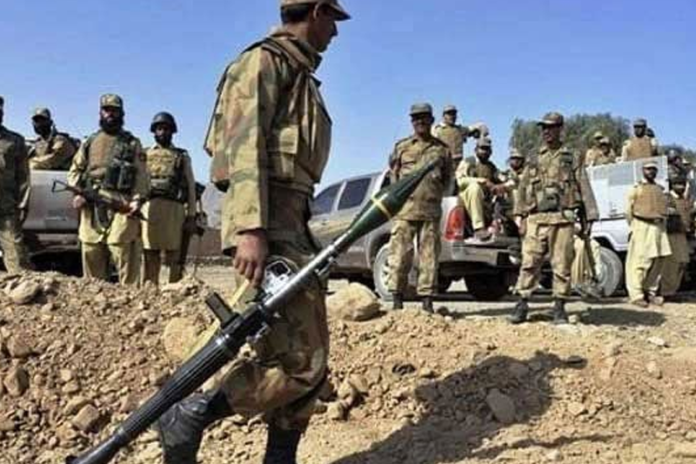Deputy PM Dar briefs diplomats on situation
POST PTI ISLAMABAD PROTEST

- 107
- 0
ISLAMABAD: Deputy Prime Minister and Foreign Minister Senator Ishaq Dar yesterday briefed members of the diplomatic corps on the recent situation caused by the protestors of the Pakistan Tehreek-e-Insaf (PTI), reaffirming the government’s commitment to ensure the security of the Red Zone.
The deputy prime minister said the government had enacted a new law “Peaceful Assembly and Public Order Act, 2024” that barred the protest demonstrations in the Red Zone and required permission from a magistrate for any public gatherings.
Explaining why the government resorted to certain actions against the protestors, he said the Islamabad High Court had barred the PTI from holding any protest gathering in the Red Zone.
In pursuance of the court ruling, the government had tasked Interior Minister Mohsin Naqvi to engage with the party but the efforts remained unsuccessful. He said the federal government always prioritised the Red Zone’s security which housed Parliament House, Supreme Court of Pakistan, federal institutions and the diplomatic corps.
Dar informed the diplomats that PTI had chosen to hold a protest on November 24, which coincided with the planned visit of the Belarusian president.
He noted that this was consistent with the party’s past malafide practice of scheduling protests on significant dates, such as the SCO summit earlier this year and in 2014, when their protest led to the postponement of the Chinese president’s visit.
He recalled that the Supreme Court had dismissed PTI’s claims of rigging in 35 National Assembly seats the primary reason behind the 2014 sit-in-yet the party never apologized, despite having committed to do so in a written agreement with the government.
Dar explained that PTI stubbornly attempted to march into the Red Zone, despite the government’s offer of an alternative protest site in Sangjani.
He emphasized that freedoms and human rights should not be exercised in ways that cause lawlessness and endanger the lives and property of both Pakistanis and the diplomatic corps.
The deputy prime minister highlighted that the government had shown restraint, as law enforcement agencies were only equipped with water cannons and tear gas, not live ammunition.
The police and Rangers were deployed in the first two tiers, with the army as the third line of defense to protect the Diplomatic Enclave, Parliament House, the Prime Minister’s House, and other important buildings.
Dar also questioned the legality of KP provincial government using public resources to stage a march on the federal capital, asserting that no federating unit had the right to do so.
Published in The Daily National Courier, December, 04 2024
Like Business on Facebook, follow @DailyNCourier on Twitter to stay informed and join in the conversation.

















































